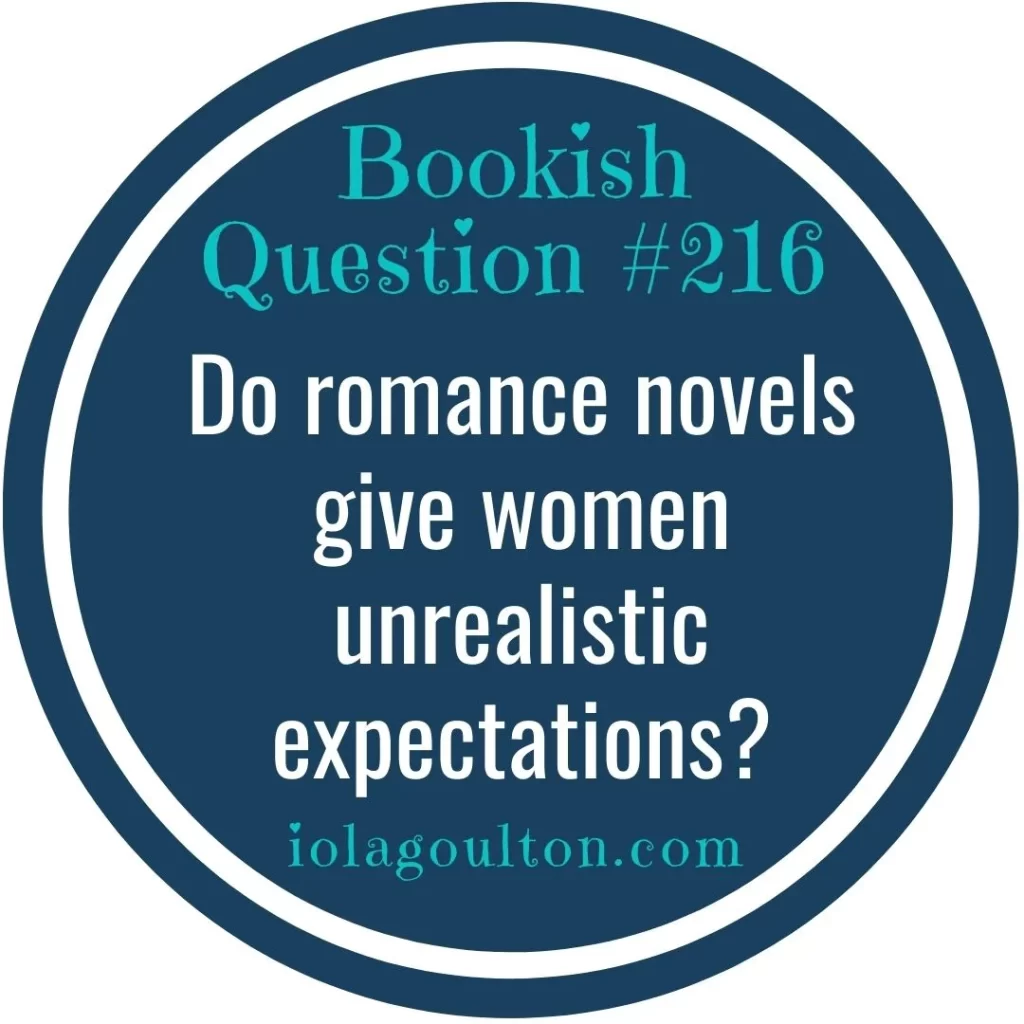Critics of romance novels often say romance novels aren’t realistic, that they give women unrealistic expectations of men and of marriage.
In fairness, there is some truth in the argument that romance novels aren’t realistic.
But romance isn’t the least realistic genre on the fiction shelves:
- Fantasy would have us believe that the world is (or perhaps was) filled with dragons and supernatural creatures such as werewolves, dwarves, and elves.
- Science Fiction shows faster-than-light space travel, civilizations that are almost entirely mechanical (and no one ever seems to grow food), and untold different species, most of which are humanoid and speak English.
- Cozy mysteries show us that all small villages (and many small towns) are hotbeds or murder and intrigue, and that the police are incompetent (because it always seems to be the local amateur detective who solves the crime, not the professionals).
- Adventure stories show us that archaeology is a race to find a previously unknown artifact and keep it from the evildoers, not painstakingly removing dirt a teaspoonful at a time in the hope of understanding life in a bygone era.
- Action stories confirm that bullets are only dangerous if the good guy is holding the gun, and that car chases through big cities are perfectly safe (because it’s only the bystanders who get hurt).
Given those comparisons, is “unrealistic” really the right word for a story where two people to meet, fall in love, and decide they want to build a life together? I’d say that is the definition of hope.
But do romance novels set unrealistic expectations about men and marriage?
Let’s look at men first, then marriage.
In romance novels, the hero would do anything for his heroine. He will love her unconditionally. He will support her dreams. He will sacrifice for her. He sees her potential and pushes her towards her dreams while she’s still mired in self-doubt.
(Incidentally, the heroine will do the same for the hero. Romance is very much an equal-opportunity genre. Perhaps that’s what some people don’t like.)
Now, I do understand unconditional, sacrificial love isn’t the reality for everyone. But that doesn’t make it wrong. In fact, it’s biblical:
Husbands, love your wives, just as Christ loved the Church and gave himself up for her. (Eph 5:25, NIV)
But do romance novels set unrealistic expectations for marriage?
This is a non-argument. Romance novels are about the journey to the happy-ever-after, not the story of the happy-ever-after. That would be women’s fiction—and there are hundreds of women’s fiction novels inside and outside the Christian market which address these issues.
There are many Christian novels which show strong marriages, from the Love Comes Softly series by Janette Oke to the Baxter Family saga by Karen Kingsbury. There are also Christian novels which show marriages in trouble, and become an object lesson in how not to go through life.
This is also biblical: many of the stories in the Bible, especially in the Old Testament, aren’t there to show us how to live. They’re there to show us how not to live. David was a great man of God, but no right-minded person is ever going to condone his treatment of Uriah (or even Bathsheba).
So while some people may say romance novels are setting unrealistic expectations, I say romance novels set a standard. They show us that a good marriage—a God-centred marriage— is one where both parties love God, love each other, and will support each other no matter what.


